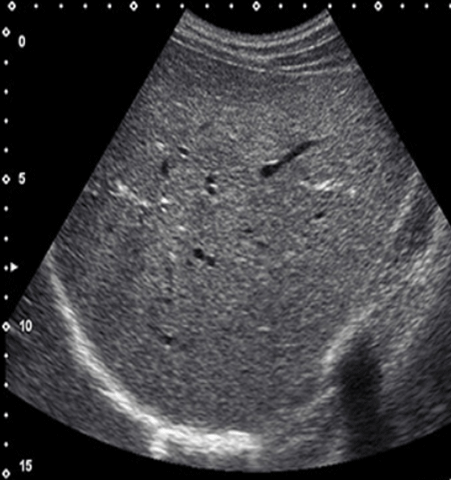Complications Of Chronic Liver Disease That Could Go Undetected
What is chronic liver disease?
Liver disease is defined as a condition that makes anadverse impact on the liver structure and function. There are four stages through which a liver disease is said to progress, however, in most cases the patient may not go through the entire spectrum of disease progression.Chronic liver diseases are diseases thatpersist for more than a period of six months. Each year in the United States, about 35,000 deaths are brought about by chronic liver diseases. Most people in their 50s and 60s die because of them(Wolf, 2020).
These diseases include:chronic liver inflammation: which includes hepatitis B and C caused by the introduction of the HBV or HCV in the body,fatty liver disease: whichis characterized by the presence of excess fat in liver cells which compromise liver functionality and it may be caused by excessive alcohol consumption,fibrosis: it is the initial stage of liver scarring which progresses into cirrhosis, cirrhosis: characterized by excessive scarring of liver tissue that compromises its function, ascites: is the accumulation of fluid in the abdomen because of cirrhosis and it is characterized by sudden weight gain, and hepatocellular carcinoma: it is the most commonly occurring type of liver cancer often because of having chronic hepatitis B, hepatitis C or liver cirrhosis.(Gibson, 2014).
What are the risk factors of liver diseases?
Some factors that can increase the risk for liver disease include(Staff, 2020):
- Genetics
- Malfunctioned immune system
- Viral infection, as is the case in hepatitis A, B, and C
- Alcohol abuse
- Cancer and other abnormal growths
- Sharing needles while injecting drugs
- Type 2 diabetes
- Unprotected sexual intercourse
- Exposure to certain toxic chemicals
- Tattoos and piercings
- Blood transfusions before 1992
- Exposure to other people’s body fluids
- Certain medications, for instance, acetaminophen, NSAIDs, etc. can induce liver damage when taken in large amounts
- Non-alcoholic fatty liver disease
What are the signs & symptoms of hepatitis B and C?
Mostly, chronic hepatitis B and C have no symptoms. Nonetheless, some common symptoms that begin to show up when the liver is damaged enough include:
- Fatigue
- Loss of appetite
- Dark-colored urine
- Yellow discoloration in the eyes and skin
- Joint pain
Some exclusive symptoms of hepatitis B and C are listed below (Hepatitis B FAQs | CDC, n.d.) (Staff, Hepatitis C - Symptoms and causes, 2021).
| Hepatitis B | Hepatitis C |
|---|---|
| Fever | Bleeding & bruising easily |
| Nausea & vomiting | Ascites |
| Abdominal pain | The appearance of spidery blood vessels on the skin |
| Pale colored stool | Swelling in legs |
| Hepatic encephalopathy |
Life-threatening complications such as cirrhosis, liver cancer, and acute liver failure develop when these chronic liver diseases are left untreated.
Why is early detection of chronic liver disease important?
For people with early-stage of liver disease, doctors suggest blood tests to learn about the health of the liver. But for patients with chronic liver disease, typically, imaging scans such as ultrasounds are advised to measure the liver damage and detect other complications like liver cancer and cirrhosis(Liver Disease Testing Procedure, n.d.). Therefore, for people with chronic liver disease, a detailed imaging scan with ultrasound is necessary to measure and detect the extent of liver damage.
Who should get a liver screening ultrasound?
Healthcare practitioners advise opportunistic screening with ultrasound for high-risk individuals for liver disease, and advise regular screening of liver health with ultrasound for patients with chronic liver disease.
How do I decrease my risk for chronic liver disease?
Preventive care such as adopting a low-fat diet, avoiding alcohol, reduced intake of NSAIDs, getting hepatitis vaccination, being physically active, keeping weight in the normal range, and getting iron supplementation appropriately works for patients with chronic liver disease(Valerio Nobili, 2011). If cirrhosis does get diagnosed, then regular screening with ultrasound for signs of hepatocellular carcinoma will result in timely administration of therapy(Thomas R Riley, 1999).
What are the benefits of annual liver screening ultrasound?
Annual liver screening with ultrasound detects liver cancer timely in patients with chronic liver disease induced liver damage. Of all the diseases, screening is recommended for those diseases that can be diagnosed timely and effectively, and for which therapy can be provided to stop its progressing into advanced stages. That being so, with regular screening, patients with chronic liver disease can benefit by preventing complications and disease progression(Paolo Del Poggio, 2006).
